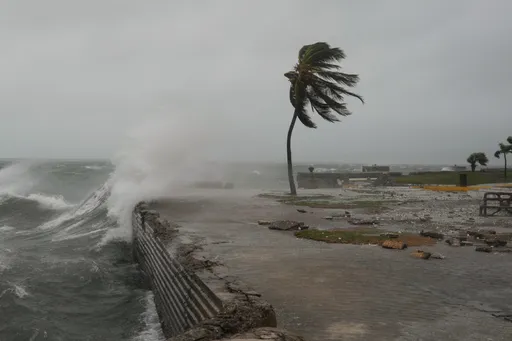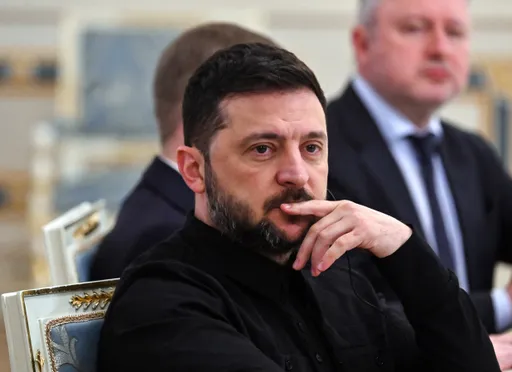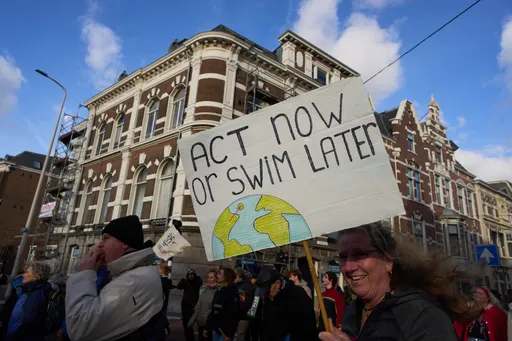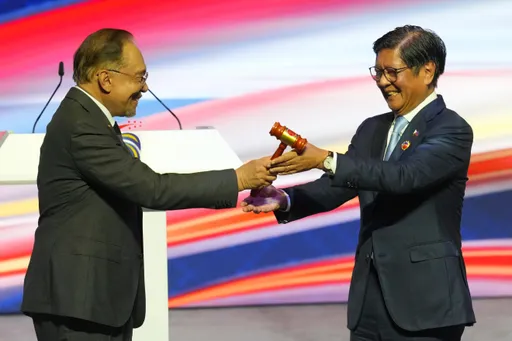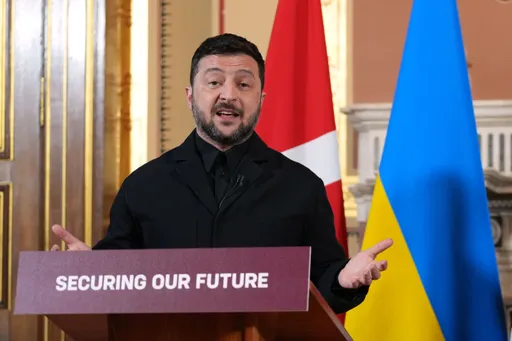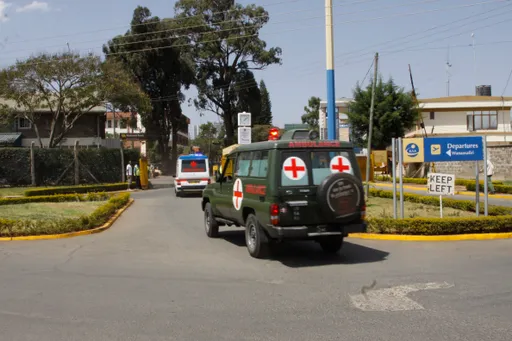The UN special envoy for Syria has said that the next session of the Syrian-led and UN-facilitated talks scheduled for July 25-29 in Geneva "is no longer possible."
Geir Pedersen said on Saturday he regrets that holding the ninth session of the “Constitutional Committee’s Small Body” to adopt a constitution for the war-torn country will not take place.
He did not give any specific reasons.
"The Special Envoy stresses the importance of all the stakeholders in this conflict protecting and firewalling the Syrian political process from their differences elsewhere in the world and encourages them to engage in constructive diplomacy on Syria," he said in a statement.
READ MORE:UN estimates more than 300,000 civilians killed in Syria's conflict
Humanitarian supplies
On Tuesday, the UN Security Council agreed to extend its mandate for badly needed cross-border aid deliveries into Syria for six months following Russia's blocking of a one-year stay.
The 12-0 vote came after Russia vetoed a UN resolution four days earlier that would have extended cross-border deliveries from Türkiye for one year.
The resolution nixed by Moscow last week included a one-year extension for aid deliveries from Türkiye's Cilvegozu border crossing to Bab al Hawa in northwest Syria.
Russia had sought a six-month extension with the option of another six months.
On June 30, Pedersen addressed the UN Security Council on the process he is driving and said the constitutional talks "if approached the right way, could contribute to a political settlement to implement resolution 2254," which calls for a ceasefire and political settlement in Syria.
READ MORE: UNSC approves six-month extension in aid delivery to Syria from Türkiye
'Real challenges'
The constitutional drafting body has representatives of both the Syrian regime and the opposition and civil society members.
"I told the committee members at the conclusion of the Eighth Session that I appreciated the tone and substantive nature of the dialogue in the room," Pedersen told the UN Security Council.
"But I was also honest with them that I saw real challenges," Pedersen noted.
"These relate to the pace of work and the inability of the members to identify and conclude areas of initial provisional agreement — even on points where there was potential consensus in the room," he added.
READ MORE:Russia strengthening presence in northeast Syria, east of Euphrates
Constitutional Committee
Established in 2019 with the support of the UN, the Syrian Constitutional Committee consists of two structures — large and small.
The large structure includes all the committee members, and there are three groups: the regime, the opposition delegation, and civil society representatives.
The large 150-person structure must approve the drafts prepared by the 45-person editorial board, and at least 75% of the members must support a decision for it to be adopted.
The Syrian civil war began in 2011 when Bashar al Assad's regime cracked down on pro-democracy protesters.
According to UN estimates, hundreds of thousands of people have since been killed and millions more displaced.





